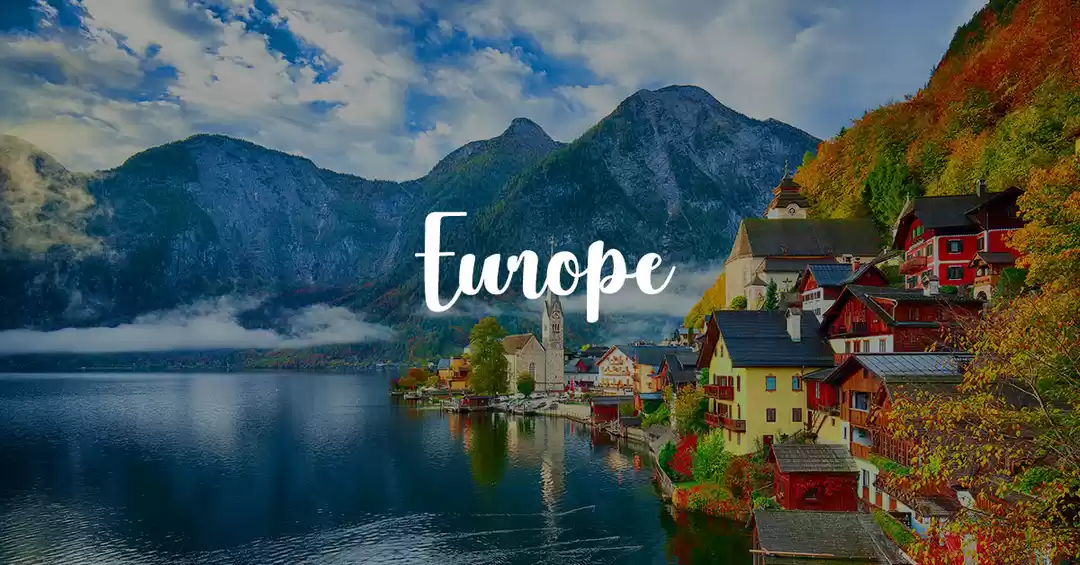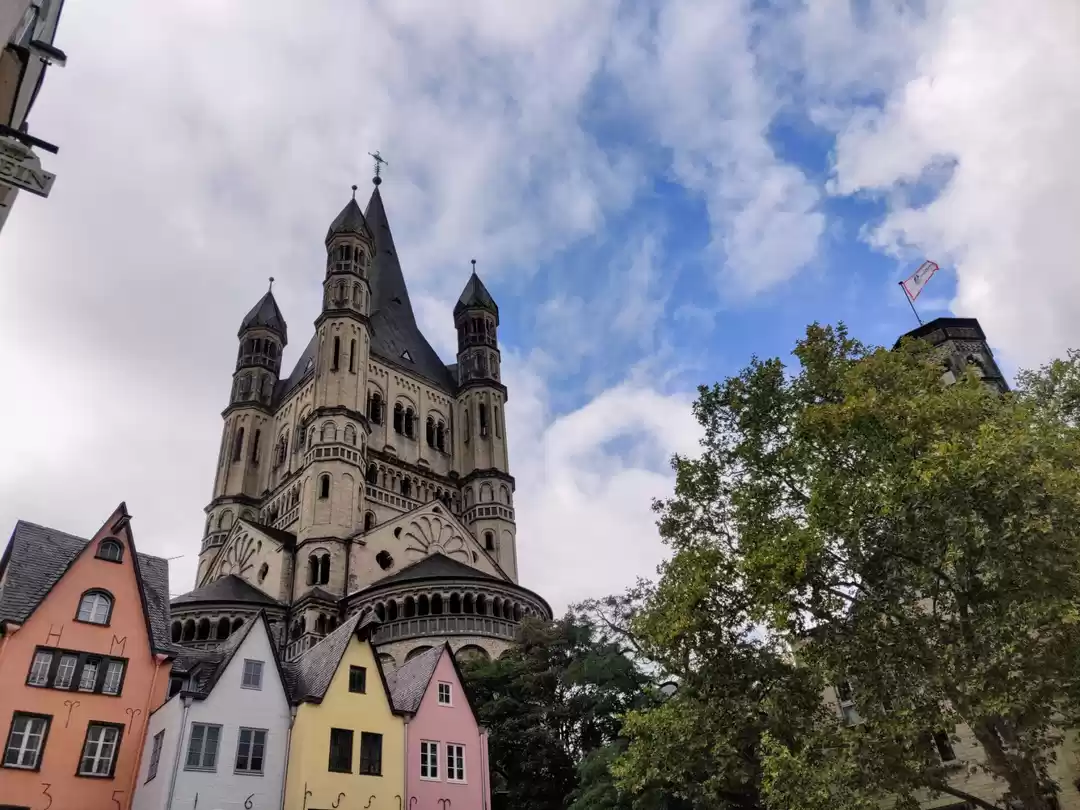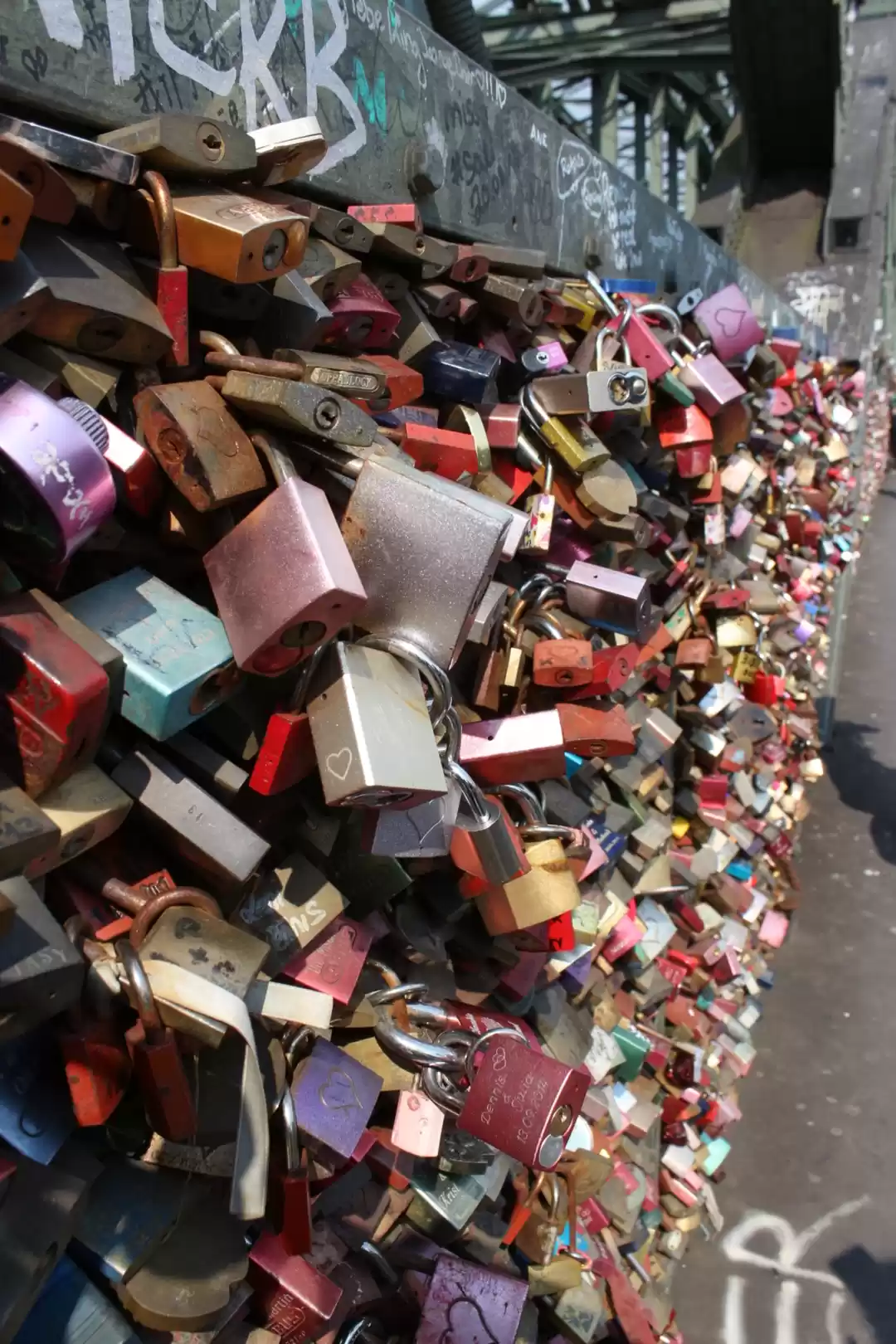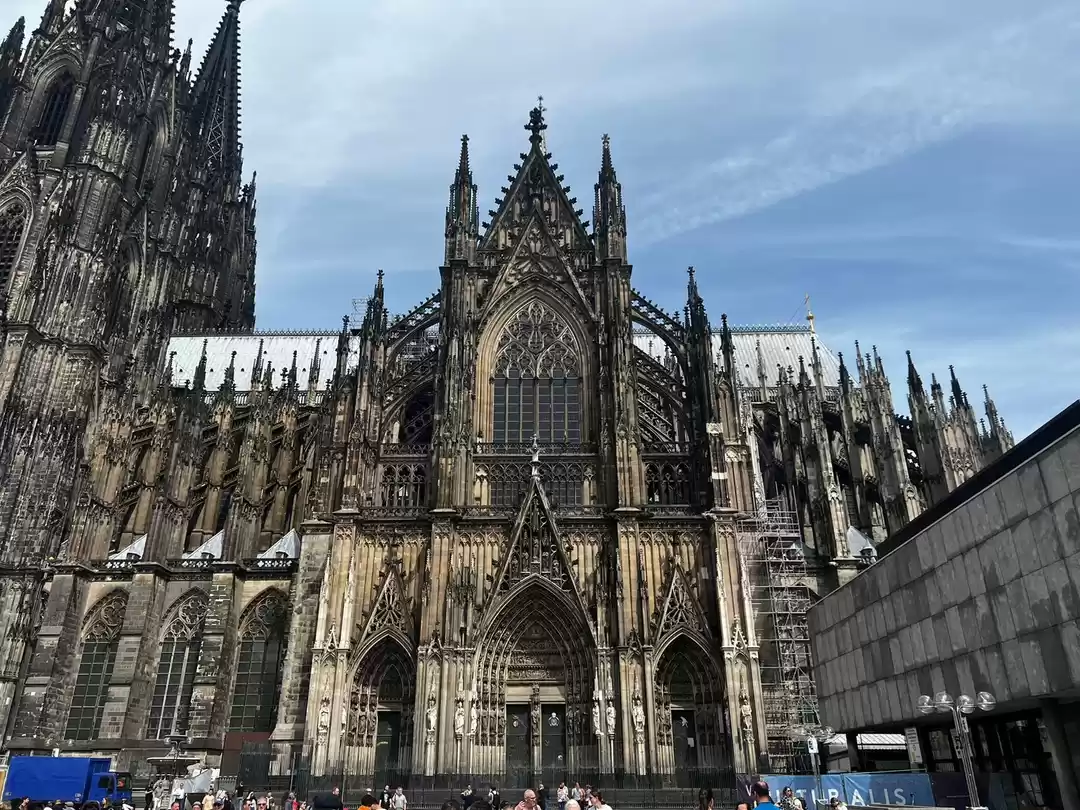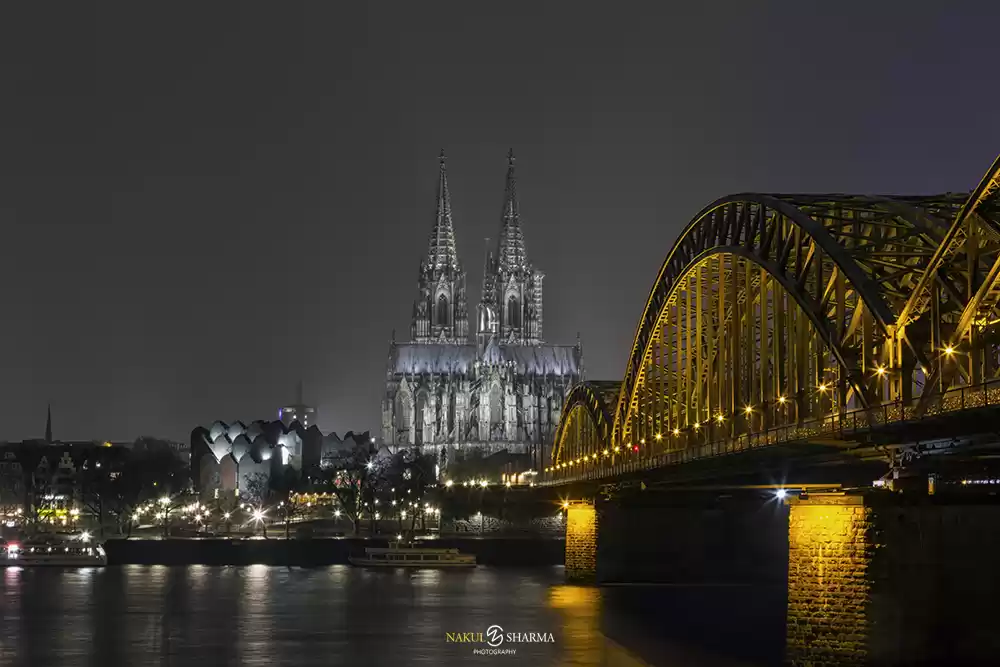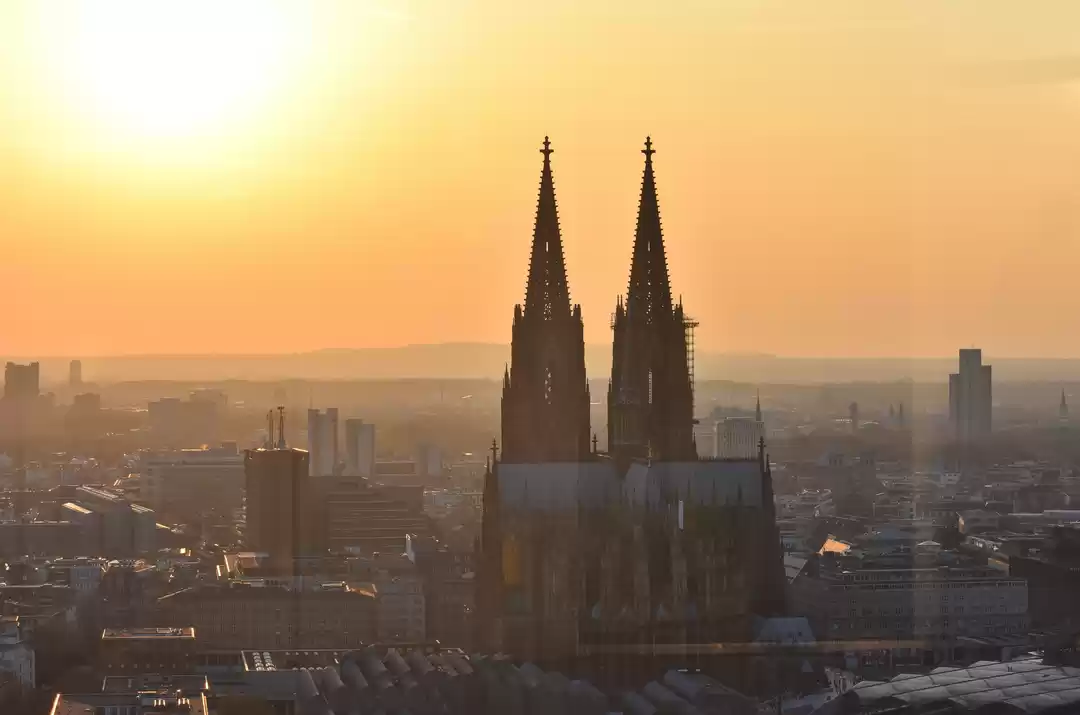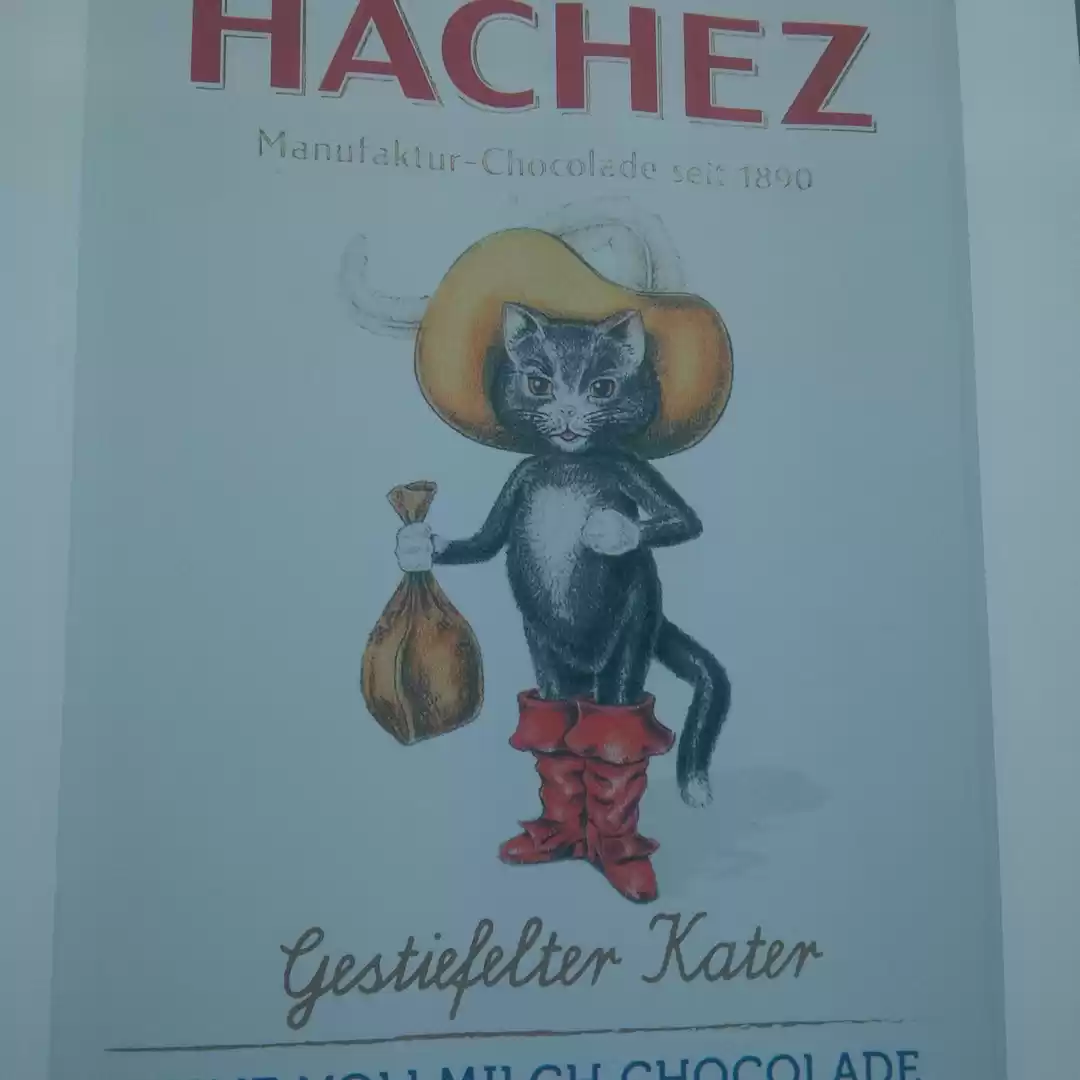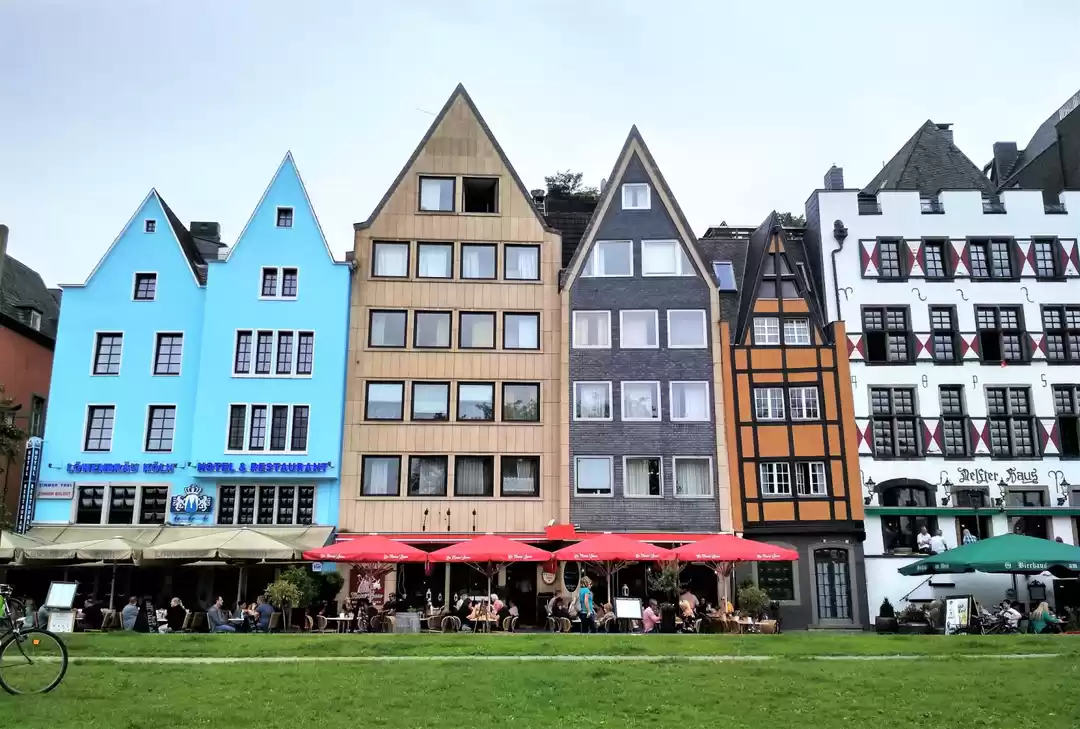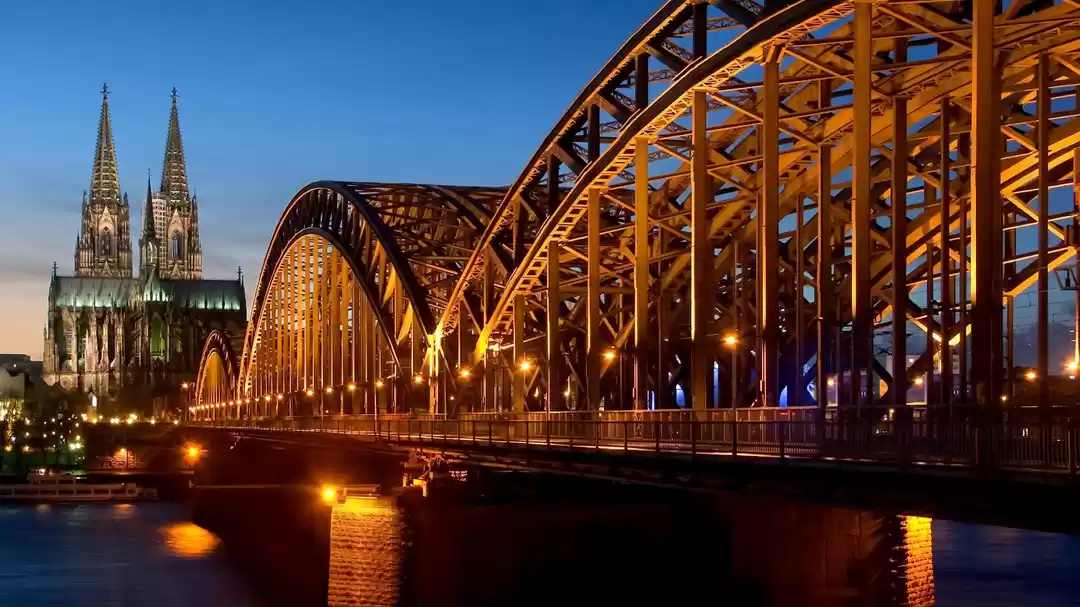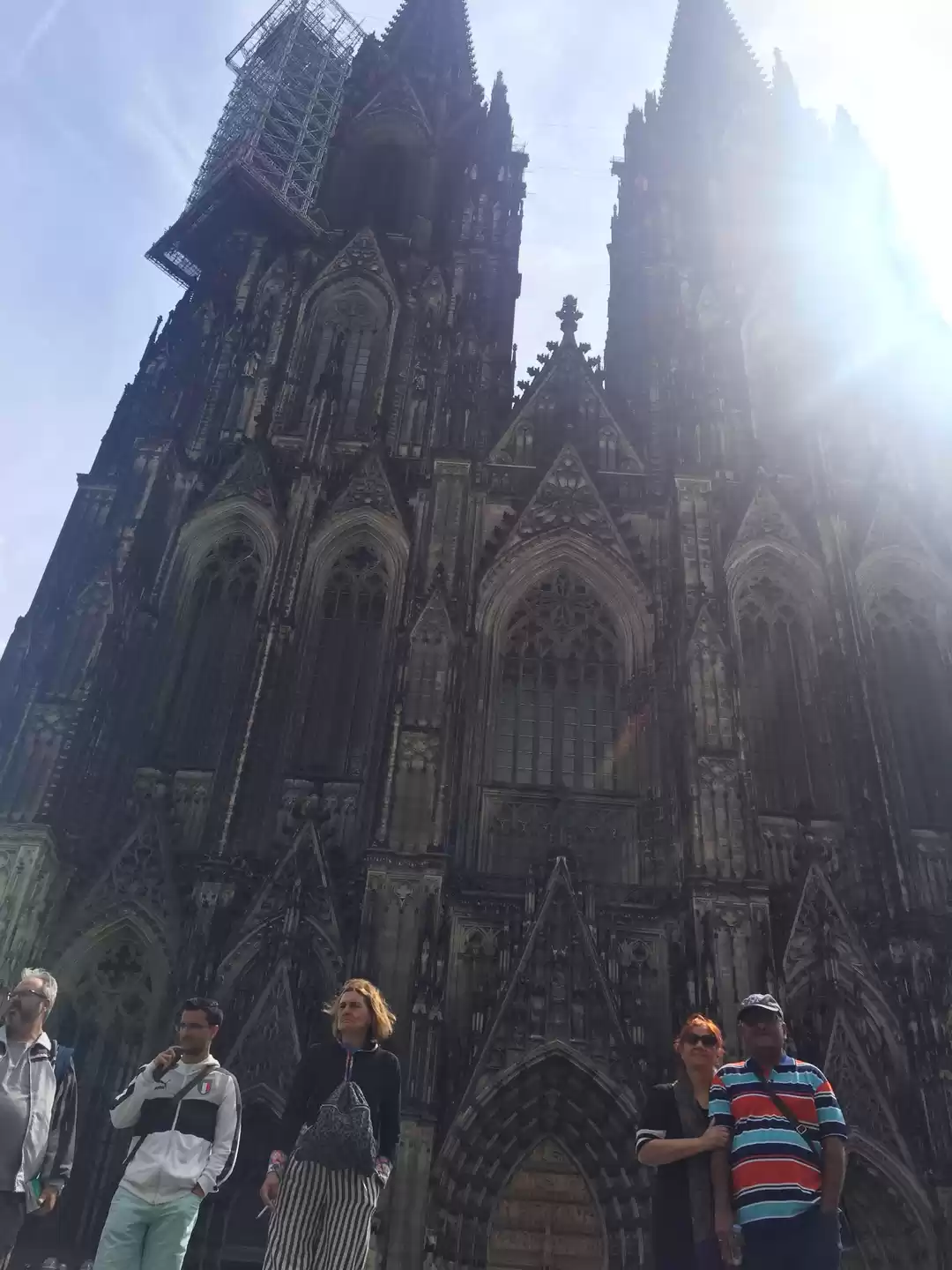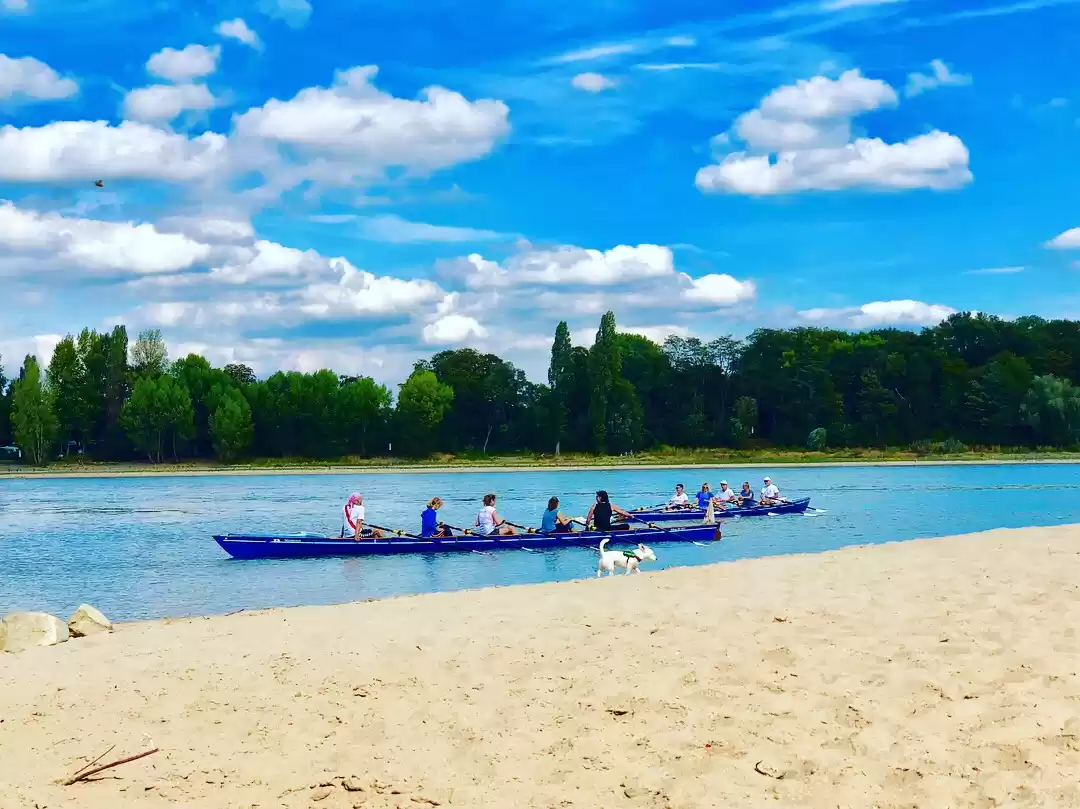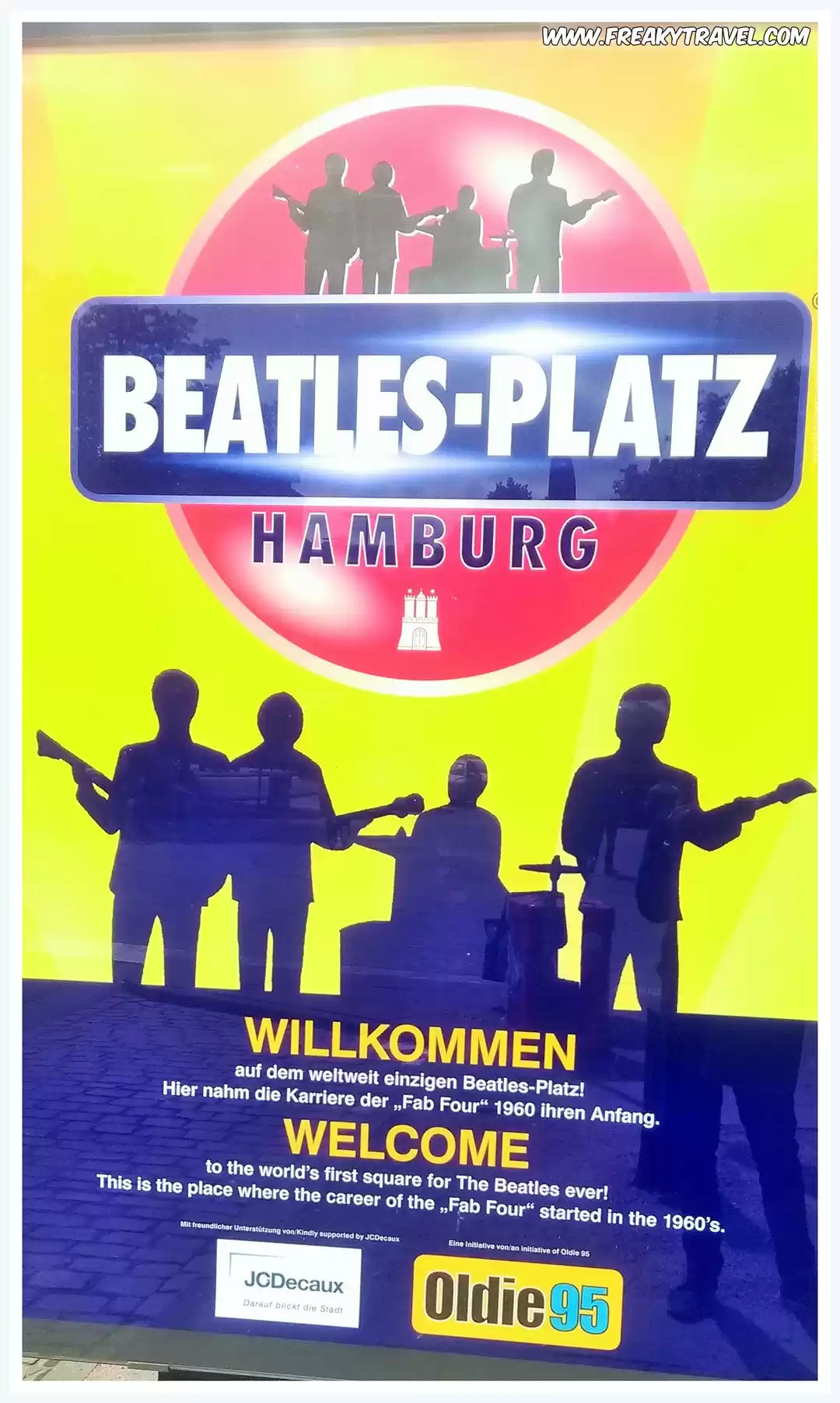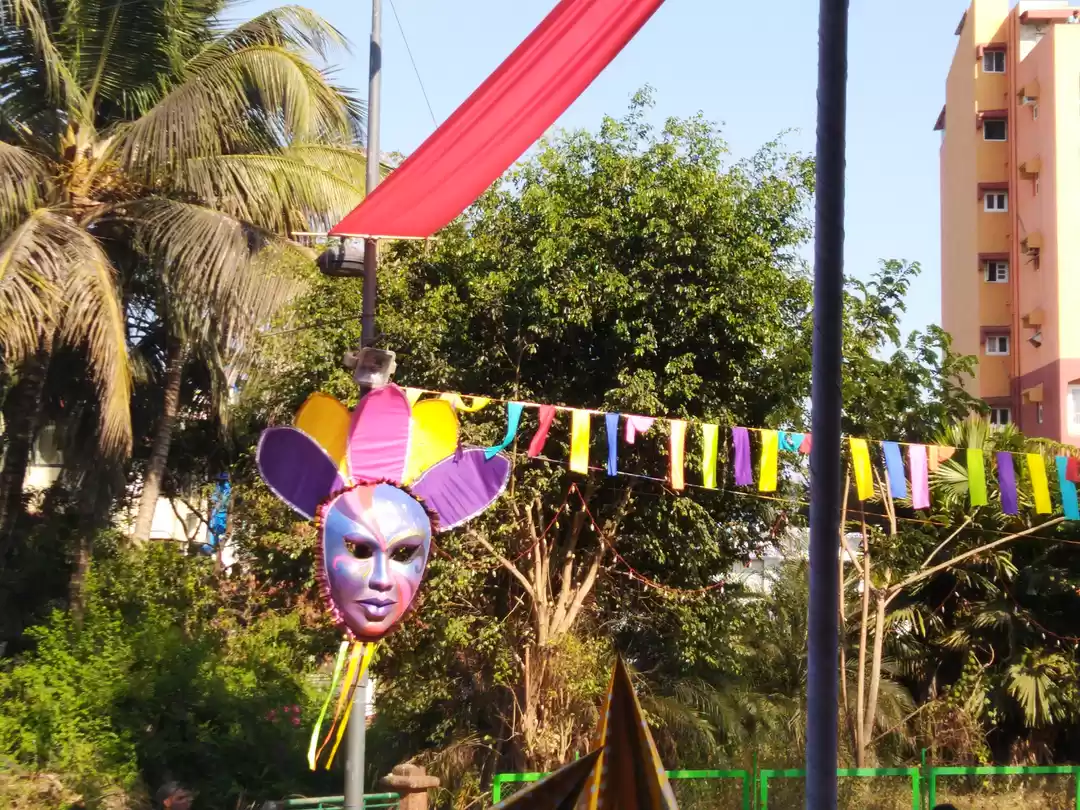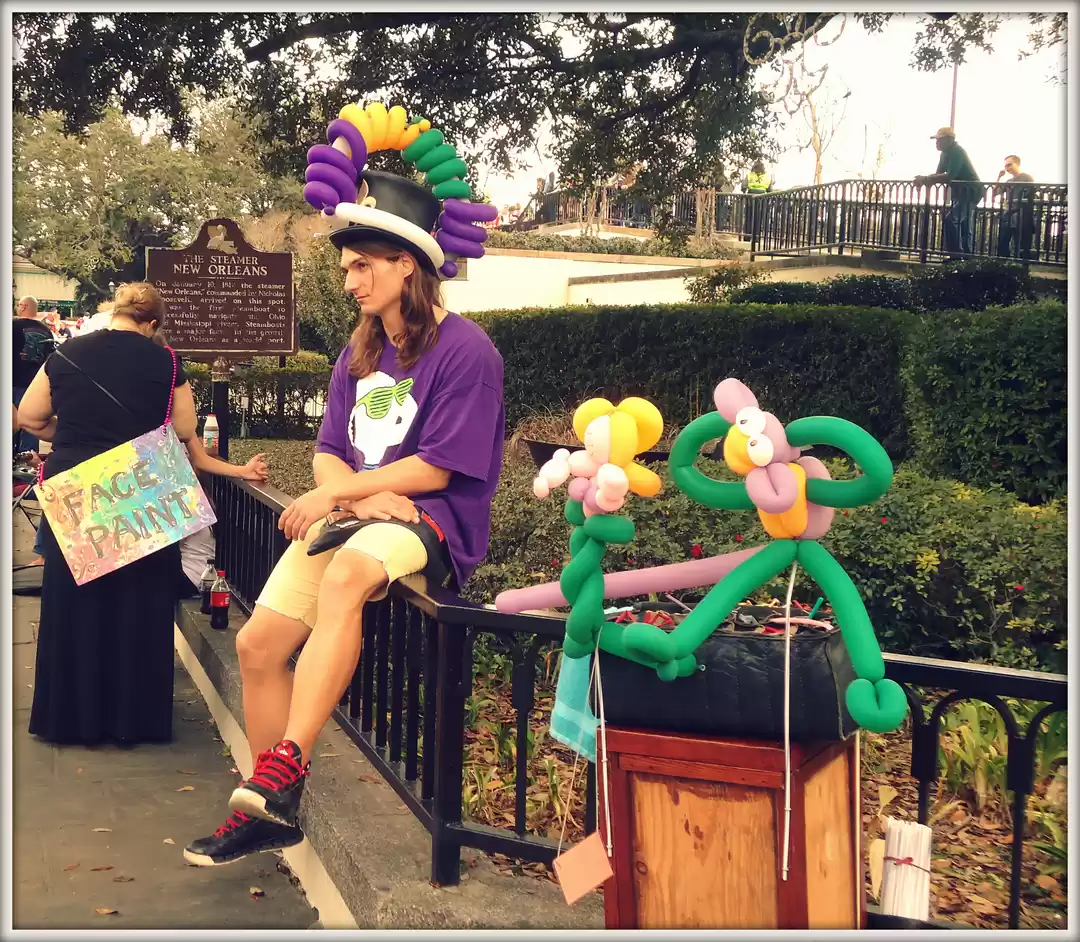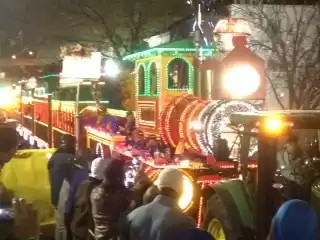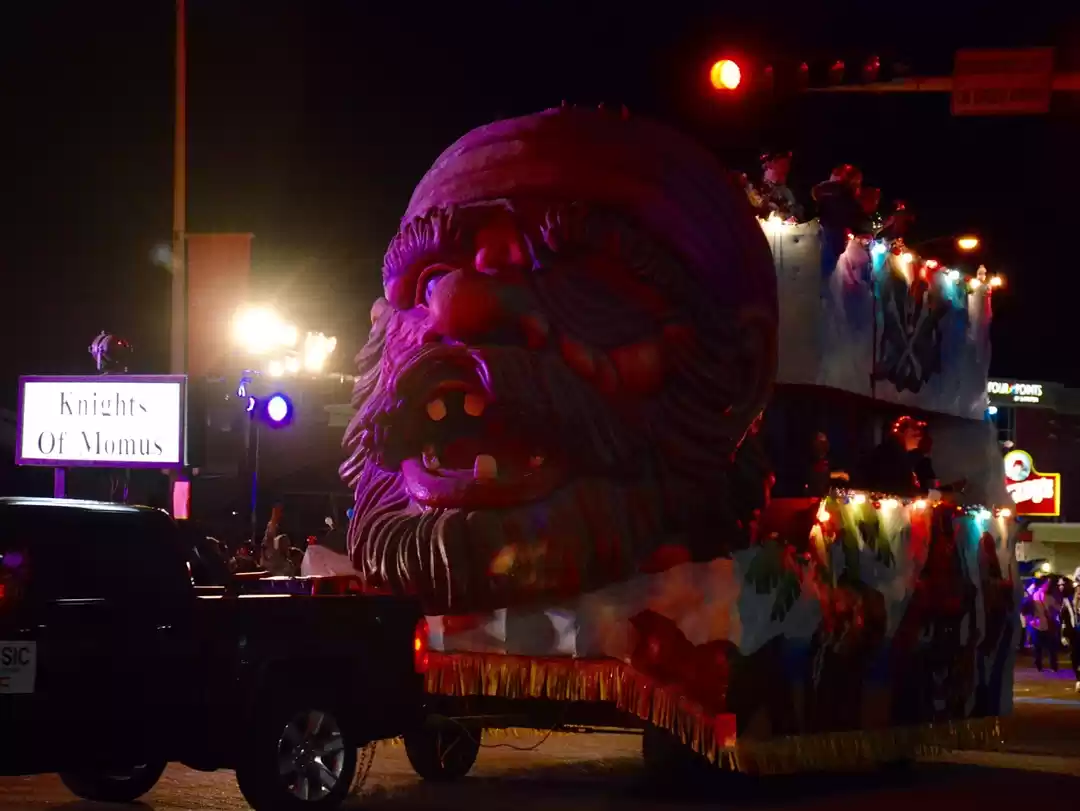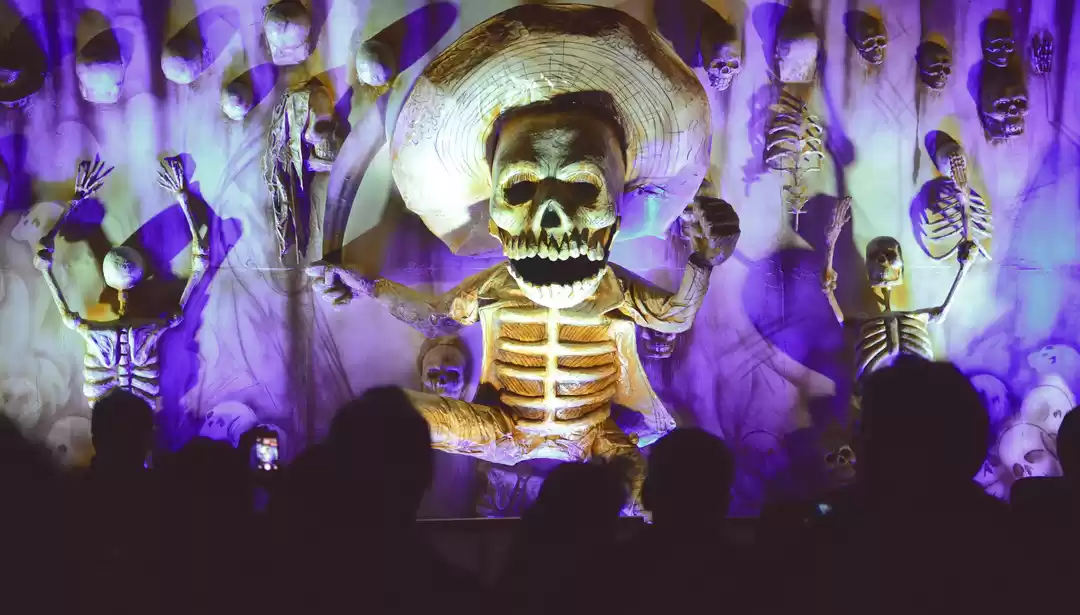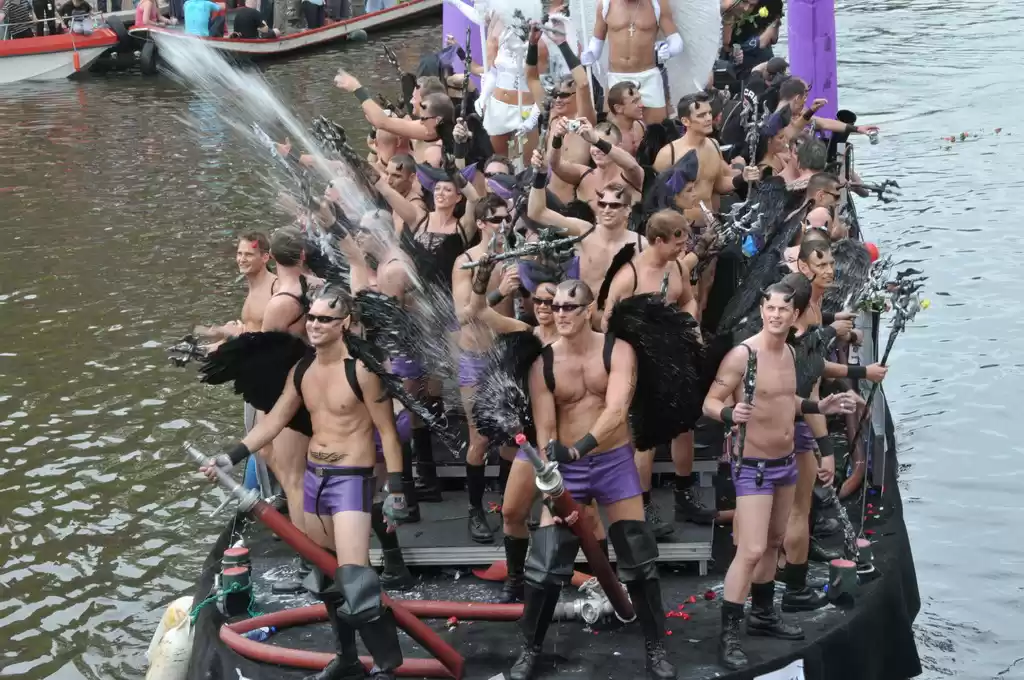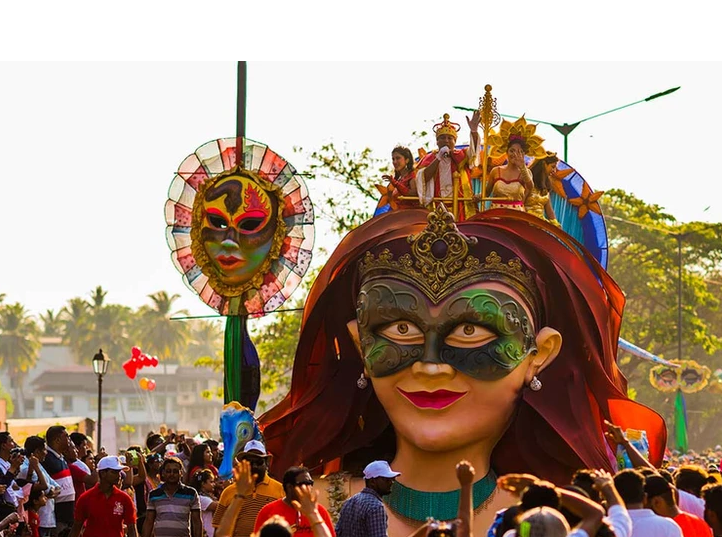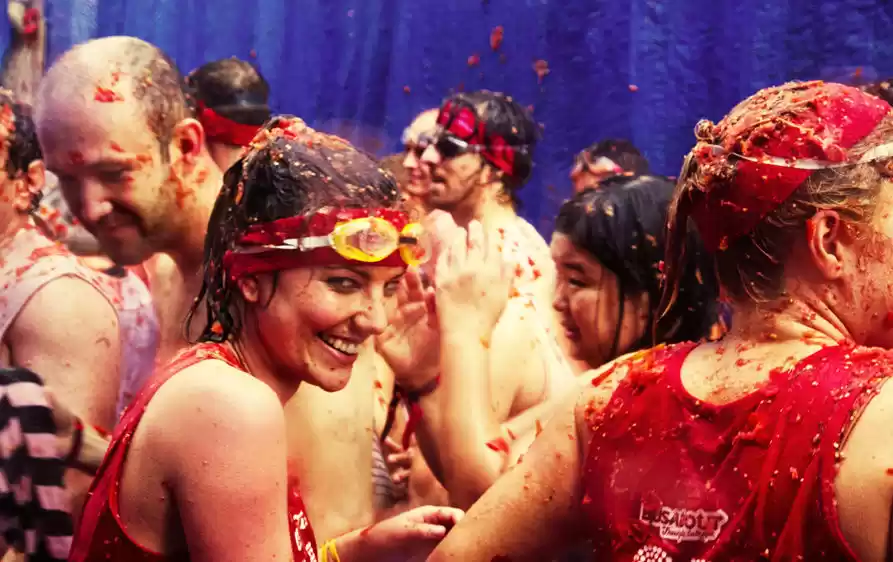The Cologne Carnival
A wizened old baker told me the full story. He wasn't entirely sober, but then again, neither was I:
The Cologne Carnival started as a marker of unity between the different social classes, through the bond of food, drink and rambunctious merrymaking during the "Tolle Tage" (Crazy Days) - the one time of the year that everyone was an equal regardless of their social standing. As the 2000 year-old inscription reads: "Die Sklavin ist der Herrin gleichgestellt und der Sklave an seines Herrn Seite" (The slave is equal to his master).
Long-story short, the Germans have been partying it up since Babylonian times.
More than the Cologne Carnival as a whole - which is almost 4 months long - the 4-day Tolle Tage ("Crazy Days") are the reason that people think of the Rio Carnival, or the famous Mardi Gras festival, whenever the Cologne Carnival comes up in conversation.
On the other hand, if you're like me, this is quite possibly the first time you've heard of it coming up in conversation.
Either ways, the first time I heard of the Carnival was simultaneously the day I arrived, 15th February, the day before "Rosenmontag" (Rose Monday), the wildest day of the 4 "Crazy Days"
Travelling to Cologne

I came to Cologne directly from the Netherlands, where I was visiting an uncle living in Utrecht. I saw the flyer for the festival at a Coffee Shop, and upon asking my Uncle about it, he gave me 400 euros for two-day trip to Koln, which proved to be more than enough.
If you are travelling there by train from the Netherlands, or one of Cologne's neighboring regions (for whatever reason), direct trains won't be difficult to get at the last minute. But you're on vacation so take your time. If you can afford the detour, take the scenic route with a stop-over at Dusseldorf
If so, it should take you six hours to get there - including a changeover from Dusseldorf. Otherwise, a flight to Dusseldorf and a direct train to Cologne (45 minutes at the most) is the route I'll be taking the next time I go. Whichever way you so choose to get to Cologne, stopping over at Dusseldorf allows for a more interesting route because people celebrating the Dusseldorf Carnival at roughly the same time, will end up taking the train with you.
As for me, the journey to Cologne was gorgeous. As the train gently cut across the flatland between cities, I got to see them from a distance. The image of those modern buildings standing in the shadow of the ancient castle minarets carried me away to the fairy-tales of Enid Blyton and the Brothers Grimm, which painted a vivid picture of the world, that the modern reality now before me had kept untarnished. Be it for the light mist sunlight that hangs on the train window on a dewy morning, or the flicker of light from the cities in the distance on a winter night, I would recommend that you take a train at some point during this trip.
Once at the station, a taxi to the nearest student hostel should set you back about 5 euros at the most, where I would best advise you to get ready for "Rose Monday"
"Rose Monday"

Now for the piece-de-resistance, the Rosenmontag (Rose Monday) Parade. On Rosenmontag every year, over 1.5 million people come to watch the parade, taking place on the 42nd day before Easter. The festival consists of a seemingly endless parade that is just borderline magical.
Rosenmontag is a fancy-dress parade that the people of Koln take extremely seriously, with many of the parade floats being constructed around a fancy dress idea. It's not a question of how serious you are for the fest, though, because no one is any less welcoming if you aren't wearing a costume, heaven knows I went as the Ninth Doctor solely because the costume was just a single leather jacket. But if 1.5 million people show up in their odd-ball get-ups and you decide to go as a "spectator", you're only going to be losing out. During the day, my main haunts apart from the parade, were the nearby bakeries which had some mouthwatering desserts and pastries available.
Once the sun set, the bars and taverns were my next destination. I walked into a modern, yet oddly traditional bar/eatery somewhere near "Engelbertstraße" around 9 p.m. where I partook in a repast of fine German lager, with a side of Currywurst, in the company of a group of Bavarians who were only too happy to be missing University. Together, we barhopped for a couple of hours, before we headed back to the hostel as a group.
Reflections

Now, having gone there, I can confidently say that nobody really knows what is being celebrated, but that's not for lack of enthusiasm. Yet, the events carried themselves over with a strange sense of innocence. Now I've never gone for the Rio Carnival, or Mardi Gras for that matter, but they always seem to emanate this strange aura of debauchery wherever the festivities are concerned; booze flows like water, and sultry women in revealing clothes are as liberated as they can be. Not to sound too conservative, but I doubt I'd ever see children taking part in these festivals. Yet, on Rosenmontag, the day that embodies the spirit of the complete Cologne Carnival, there is nothing present to separate the adults from the children, nothing that would seem "R-rated" or even mildly suggestive. "Rose Monday" is a day to celebrate the spirit of imagination, which comes alive through the colorful parade floats that make their magical way down the street, the delectable pastries on sale by the side of the road, and the genuine smile every single man and woman of Cologne will give you, as they utter their warm-hearted welcome: "Kölle Alaaf!"
Notes
Although most of the locals will have a fair grasp of the English language, it's a good idea to brush up on your German before this, especially if you want to pick up some of the local Kölsch slang. Either ways, the locals will enjoy listening to you speak their language, helpfully correcting you every now and again.
Don't let the hotels be your first choice of stay if you're coming for the festival. Aside from being extremely expensive, they are also further away from the City Centre, where the parade passes through. Instead, opt for accommodation at one of the many student hostels; the average cost for a night is about 16 euros which will fit far more comfortably into your budget, with breakfast included. Moreover, you will be more likely to meet locals and fellow travelers this way.



